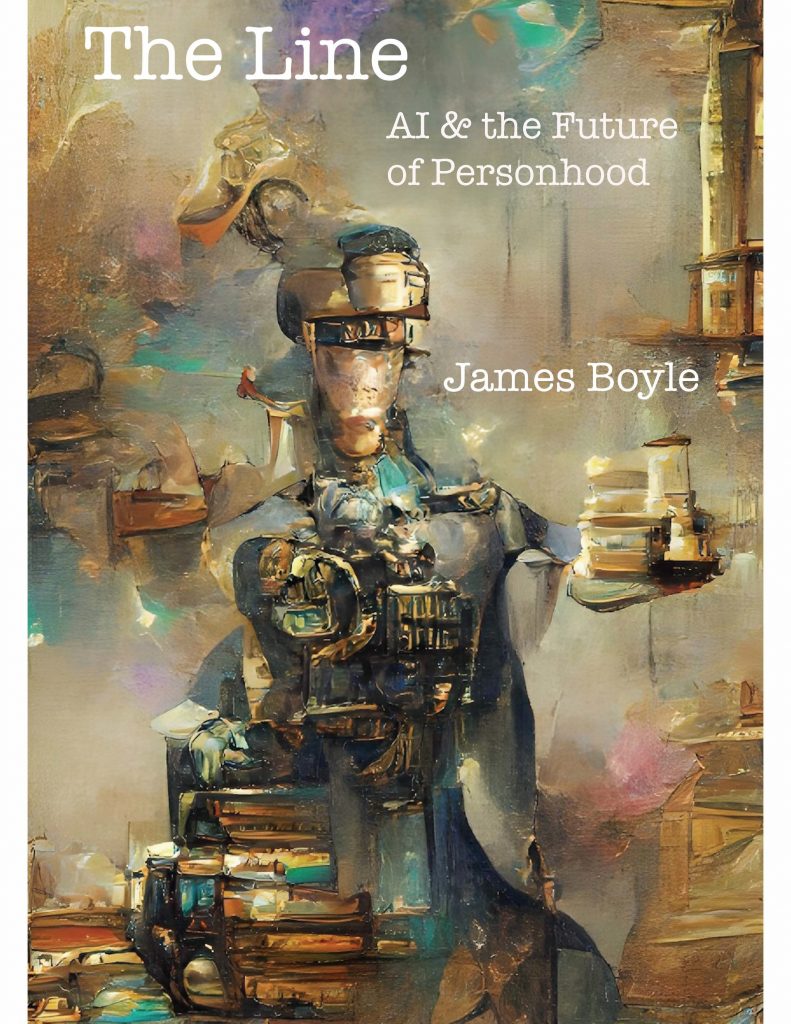This isn’t a post about intellectual property or the networked society, so if your interests only run that far, cease reading here. In the late 80’s and early 90’s refugees were attempting to escape what was, in a decidedly non metaphorical sense, a hellish situation in Haiti..The US government — first Bush 1 then Clinton — under pressure to stop these dangerous, dark and, it was rumoured, possibly AIDS-contaminated refugees even before they could seek refuge in the United States or any other country for that matter — started intercepting them way out in international waters. Some were detained in Guantanamo (oh, how many bad sentences begin with that phrase). Some were simply returned to Haiti. The United States is a signatory to treaties that forbid it from returning refugees who have a well founded fear of persecution. Let me be clear. Not all people seeking to get out of a country are refugees. Some just want an economically better life for themselves and their children. But some genuinely are fleeing from religious, or governmental persecution. And countries are required to figure out which is which.
But the US (and every nation) is also bound by a more general rule of international law which forbids forcibly returning any person (not merely those with a well-founded fear of persecution) to a place where their lives could be threatened. The technical term is non-refoulement.
How did those principles apply here? The US government claimed that — because these people were being intercepted outside of US waters and then either returned or held by the US government in Guantanamo, which is after all, in Cuba — they were never either admitted or denied entry into the US and thus the prohibition on returning them forcibly to their country of origin did not apply. Think about that one. (Hint, it helps if you have the collected works of Kafka around.) A geographic and legal limbo.
The US Supreme Court took the cases and — in some decisions that I think are among the most shameful in the history of that august body — they held that these people, who were in a limbo entirely created by the US, had no rights of any kind under the US constitution and that the US was neither in breach of its treaty nor its statutory obligations. In both a cert petition and a more substantive examination of the relevant statute, Justice Blackmun was the lone (the LONE) voice of dissent. Here are the final 3 paragraphs of his opinion in Sale v. Haitian Centers Council
“The Convention that the Refugee Act embodies was enacted largely in response to the experience of Jewish refugees in Europe during the period of World War II. The tragic consequences of the world’s indifference at that time are well known. The resulting ban on refoulement, as broad as the humanitarian purpose that inspired it, is easily applicable here, the Court’s protestations of impotence and regret notwithstanding.
The refugees attempting to escape from Haiti do not claim a right of admission to this country. They do not even argue that the Government has no right to intercept their boats. They demand only that the United States, land of refugees and guardian of freedom, cease forcibly driving them back to detention, abuse, and death. That is a modest plea, vindicated by the Treaty and the statute. We should not close our ears to it.
I dissent.”
The majority had no difficulty closing its ears. And this new Supreme Court appears to have ready access to “moral noise canceling headphones” — Bose perhaps? But from time to time it is nice to remember that there have been Supreme Court Justices who were different.
(If you want to hear how things progressed after the Sale case, and even got better — a remarkable story told beautifully by my friend Brandt Goldstein — you should read this book.)
Justice Blackmun, we miss you.









Indeed, there are many recent cases where I have missed Justice Blackmun. Rather than just say “I agree,” though, I thought I’d point out a lovely bit of apropos:
This case seems to me to have not just a few resemblances to “United States v. Libellants and Claimants of the Schooner Amistad.” For example, that case, as I understand it, similarly depended on technicalities of maritime law governing people headed to the United States (albeit for different reasons). Though I haven’t read the opinion, I think Amistad was decided in a manner much more to Blackmun’s liking.
In the Spielberg movie “Amistad,” four years after Sale, Justice Blackmun, in a cameo role as Joseph Story, gets to deliver the Amistad opinion. I have to wonder if that was a reason he agreed to play the role?